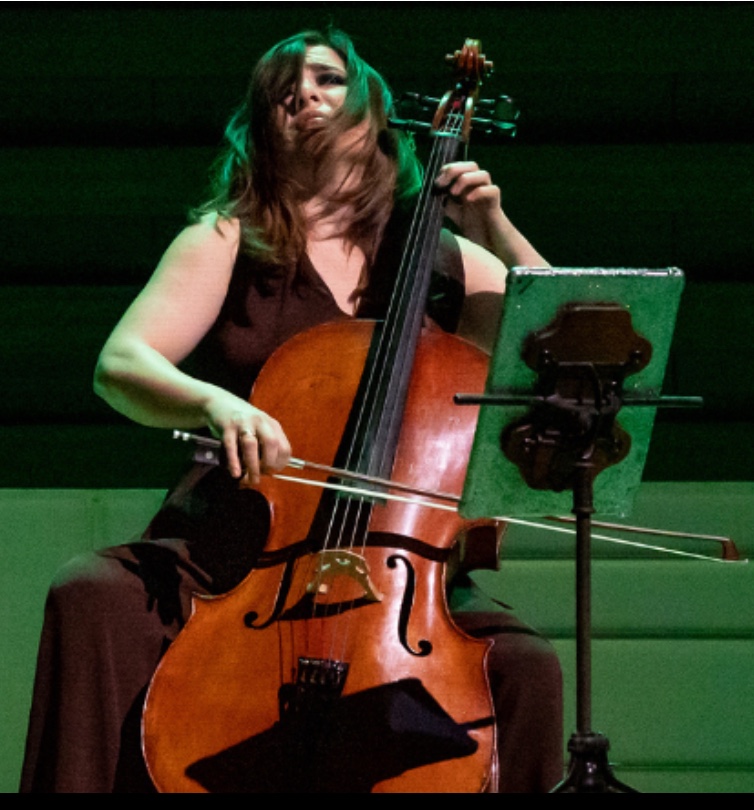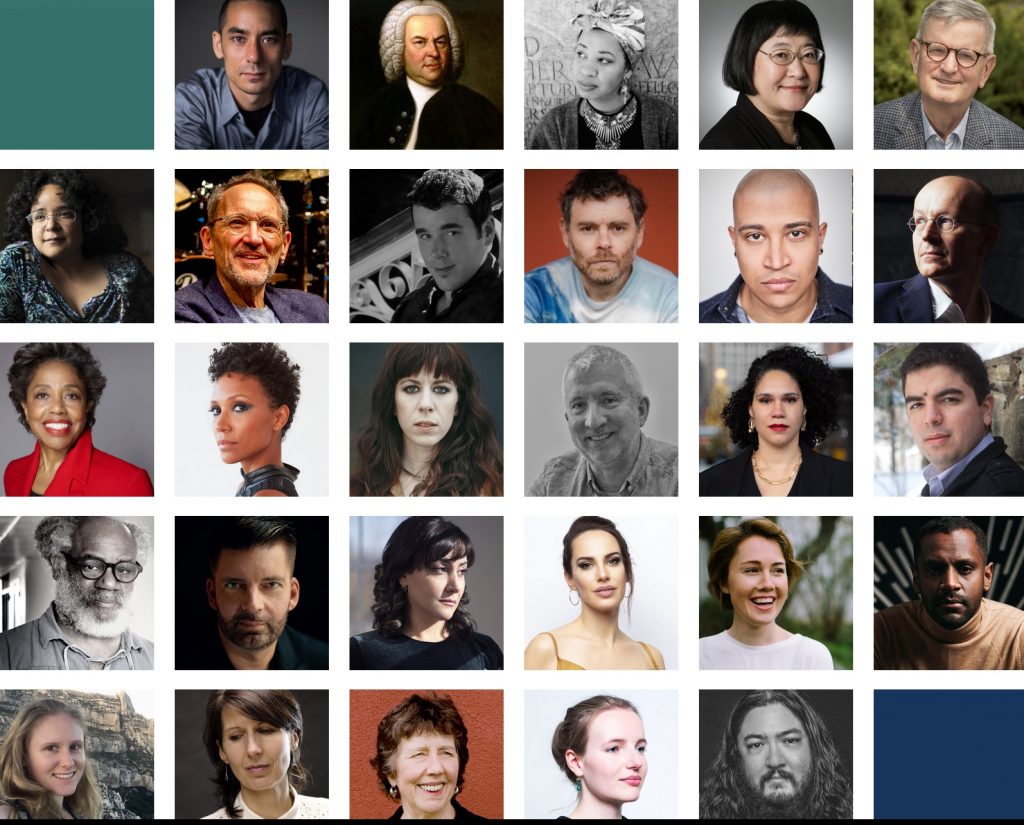by Mike Telin

Little did she know that spending time with her thoughts would eventually lead to the creation of FRAGMENTS. The multi-year project weaves together movements of Bach’s six solo cello suites with 27 newly commissioned works.
On Thursday, May 11 at Severance Music Center Weilerstein will present FRAGMENTS 1, in which Bach’s first cello suite will be combined with selections from the commissioned pieces. The hour-long program is enhanced by theatrical elements including responsive lighting and set designs.
The music will be performed without pause and without printed programs. Following the performance, audiences can attend a post-concert discussion with Weilerstein and the FRAGMENTS creative team. Tickets are available online. The evening is presented as part of The Cleveland Orchestra’s American Dream Festival.
During a telephone conversation from her home in San Diego, Weilerstein said that she began to conceive of the project in November and December of 2020 which she said was possibly her lowest point during the year of lockdown.
“I had fifteen cancellations in as many days for concerts that were scheduled pretty far into the future. I was a bit fed up and I put the cello away for about two weeks. I didn’t touch it and didn’t want to look at it.”
Instead the cellist took long walks on the beach and spent time with family. Although it was a frustrating period, she recalled being “extremely grateful to be healthy and together with family unlike so many people. We were fortunate even though the performing arts world was facing a real crisis.”
Finally Weilerstein forced herself to take the cello out of its case and began playing scales, an activity she always finds meditative.
She began contemplating such questions as: How can classical musicians and audiences come together in a communal space? Why does a barrier between classical music and the general public still exist? And what are the problems with how classical music is being presented? “All of these thoughts were pouring through my head as I was playing scales and looking out the window. I started writing down ideas and those were what eventually became FRAGMENTS.”

Weilerstein said that she assembled an “amazing team” of artistic advisors for the project including Artistic Producer/Advisor Hanako Yamaguchi, Director Elkhanah Pulitzer, Set/Lighting Designer Seth Reiser, and Costume Designer Carlos J. Soto. >
“Prior to this I knew nothing about the theater world. But the project kind of marries that with the world of classical concert music.” Still the cellist stressed that the project is absolute music — there’s no narrative. And she credits Yamaguchi for finding the people who would be sensitive to that.
“Watching the sets come together was amazing,” she said. “We just put programs three and four together and each one is entirely different. The music is very different, the general atmosphere is very different. It all kind of evolves and gets bolder and bolder. So it’s exciting to be part of a creative process like this which is new for me.”
Besides knowing that FRAGMENTS No. 1 will be done in Cleveland, the exact program will not be revealed until after the performance. “I can tell you what the audience will experience,” Weilerstein said. “When you walk into the hall you will receive some general information about the project, a statement from me and one from Elkhanah. Because there are 27 composers on the project divided between six programs, you will see which ones are part of No. 1 and know the number of fragments that you’ll be hearing. Afterwards you will walk out and receive a detailed menu of every piece you have heard as well as composer bios.”
Weilerstein recalled that when conceiving the project, one of the first things she wrote down was ‘no programs while listening.’ “I didn’t like the idea of people focusing on which composers studied where, and their age and nationality before they’d actually heard a note. Classical music may be the only art form where we do this to a fault. You go to a contemporary art museum and you see the art before you read about it. I wanted to do that with the classical music concert format.”
So far the audience feedback has been positive. “People say they listen more deeply and with more open ears if they are not thinking about who the composer is and where they come from.”
Published on ClevelandClassical.com May 7, 2023.
Click here for a printable copy of this article



